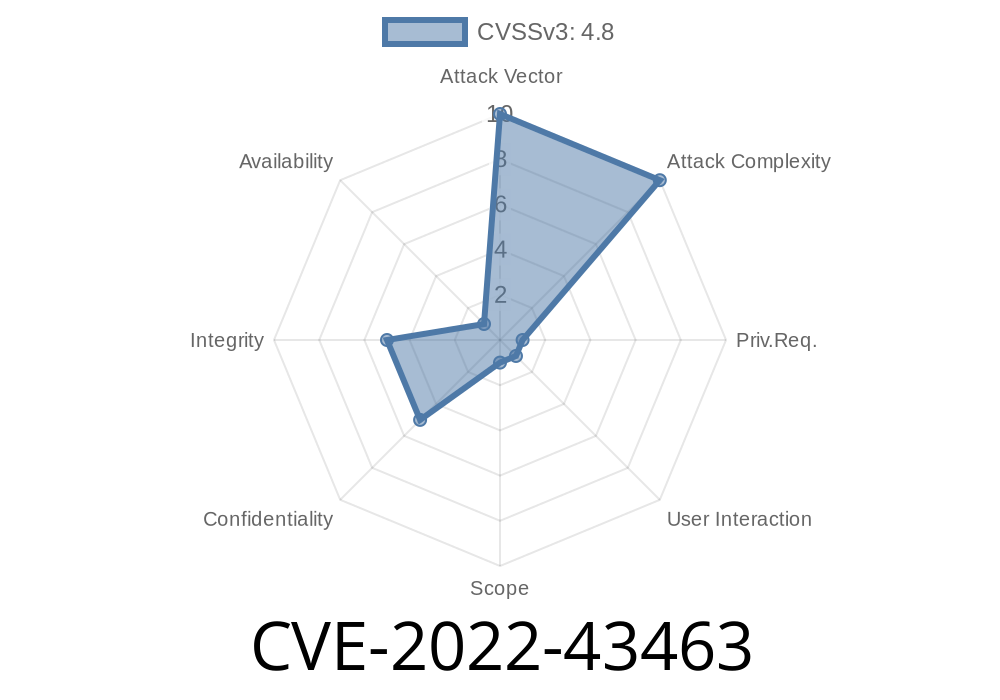If you are running a website on WordPress, then you must be aware of the fact that this content management system is one of the most widely used. It is used by millions of websites and it is the most downloaded CMS in the world. It is the biggest WordPress hosting providers in the world. There are lots of WordPress themes available for booking or purchasing on the internet.
Therefore, it is a high probability that despite choosing the safest WordPress hosting provider, you may still get a hacked website. In such a situation, the attackers can inject any malicious code in the WordPress website and can thus steal data.
Redirection attack is an XSS attack that allows the attacker to redirect the victim's browser to any site of their choice. It is one of the most dangerous XSS attacks because it is difficult to detect and prevent it. Redirection usually occurs when the victim is logged into their WordPress site.
Redirection normally consists of two stages when exploiting XSS vulnerabilities: 1. A malicious comment is posted that contains malicious JavaScript code 2. The victim's browser automatically executes this code by making a HTTP request to the server
How Does Redirection Attack work?
The victim's browser automatically executes the injected JavaScript code. This is usually when the user visits a website that contains an embedded comment which includes malicious JS code. The victim's browser receives an HTTP request from the server, which then sends the user to the attacker's desired destination, typically a phishing page or a page containing malicious code.
Redirection attacks are dangerous and are responsible for many hacks of WordPress websites. The only way to prevent this attack is by using HTTPS encryption on your site and not allowing HTTP requests from your users.
How Does Redirection Attack Work?
As soon as the victim visits a malicious comment, the JavaScript code executes and redirects the browser to another site. It might be a legitimate website or an attacker’s website. This type of XSS attack is very difficult to detect because it's not easy to see what happened before being redirected.
The best way to prevent redirection attack is by using white-listing on your WordPress installation. A white-listing will allow only certain domains to access your WordPress installation while blocking all other domains. This is done by keeping track of requests from the user's browser and rejecting any request that does not match a domain in the whitelist.
Another good way of preventing this kind of XSS attack is by using special filters for specific types of scripts that you want filtered out; for example, putting a filter on "javascript:" which will make sure no JavaScript code gets executed in comments for that post
Timeline
Published on: 11/18/2022 19:15:00 UTC
Last modified on: 11/21/2022 01:45:00 UTC
